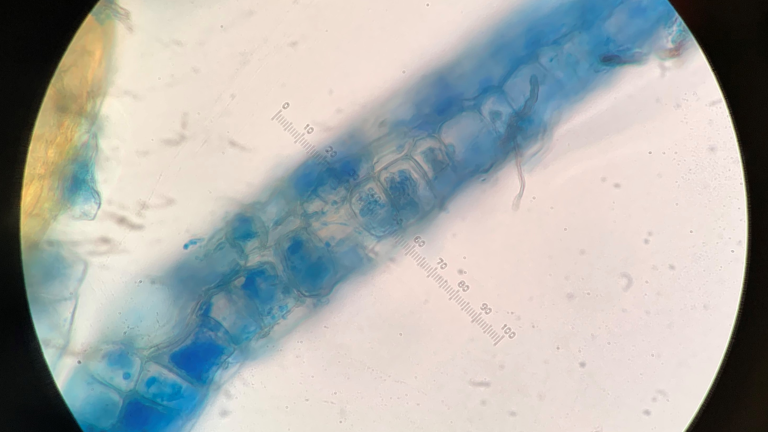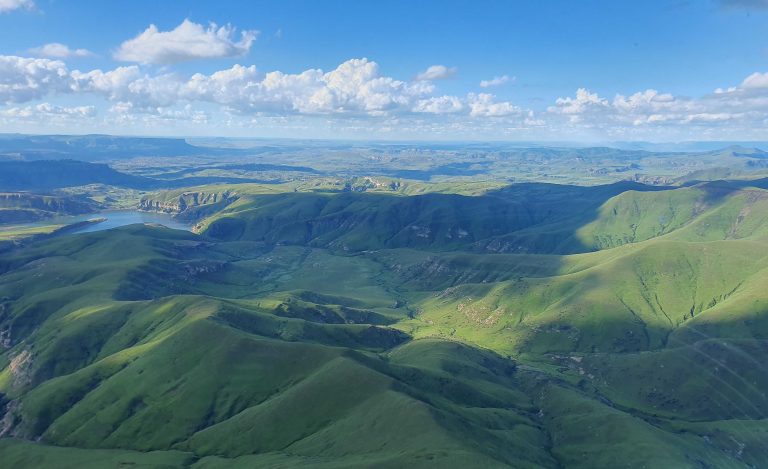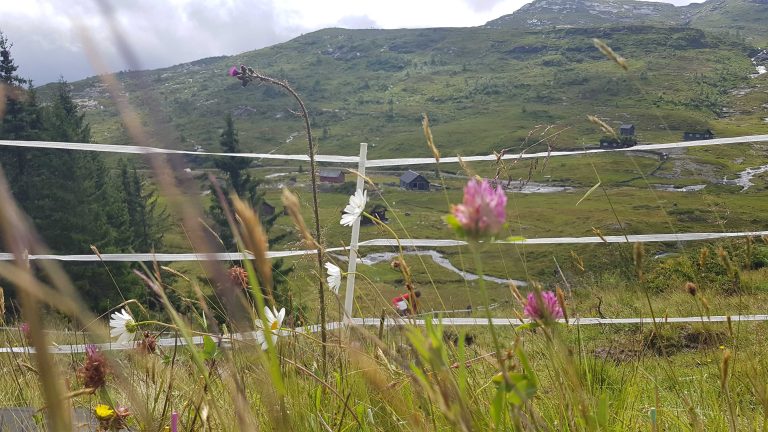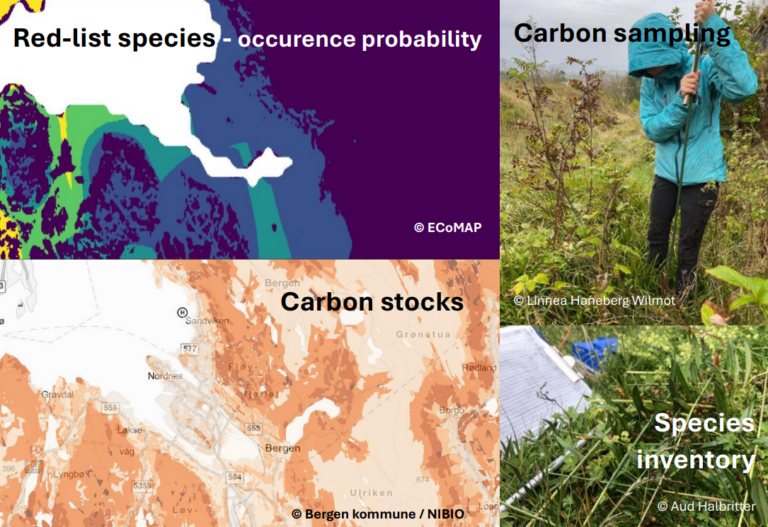Background Belowground fungi are key players in the decomposition of plant litter, and therefore in regulating the carbon cycle. Despite their importance, we still know relatively little about how these fungi respond to climate change, and how such responses, in turn, influence decomposition rates across Norway. Using cutting-edge molecular approaches, such as metabarcoding, we can READ MORE
Category: Masters
Master thesis opportunities
MSc thesis: opportunities in the NatuRA Project
Background Mountain grassland ecosystems support a wide range of ecosystem functions and services, including provisioning services via grazing pastures for wild and domesticated herbivores, supporting services, especially clean water and carbon sequestration, and cultural services through supporting traditional livelihoods. World wide, alpine ecosystems have traditionally been managed as communal rangelands inhabited by indigenous people and READ MORE
MSc thesis opportunities in project DURIN
Background Dwarf-shrubs (Ericaceae) are a dominant plant functional group across the boreal, arctic, and alpine biomes, where they play important roles for biodiversity, ecology and ecosystem functioning. For example, dwarf-shrubs provide important food resources for grazers, pollinators, and people, they are habitat for other plants, insects, rodents, and birds, and through interactions with belowground fungal READ MORE
MSc thesis: Disentangling drivers of plant population establishment after range expansion (RangeX)
Background Due to climate warming, plant species are shifting their ranges, trying to track their climatic niches. This can for example be displayed by range expansions or upward shifts of plants from lower elevations. Changes in community composition are occurring with novel lowland species invading into the alpine ecosystem. The RangeX project is an upslope READ MORE
Master theses related to the project ECOBUDGETS
Topic Ground truthing of biodiversity maps for nature accounting Summary In the face of nature loss at the scales we are witnessing today, nature accounting and budgeting starts receiving increased focus. At the basis of such accounts are the physical properties of nature: the extent and the condition of ecosystems. To create a physical nature READ MORE
MSc thesis: Plant community responses to the direct and indirect effects of climate in the Vestland Climate grid
Background Alpine grasslands are vulnerable to climate change, and are currently changing rapidly in both plant functional group dominance (1) and species distributions (2). These biotic shifts contribute to indirect effect of climate change through influencing biotic interactions (3,4). Indeed, research is still needed on the effect of climate on long-term vegetation dynamics (5). Our READ MORE






